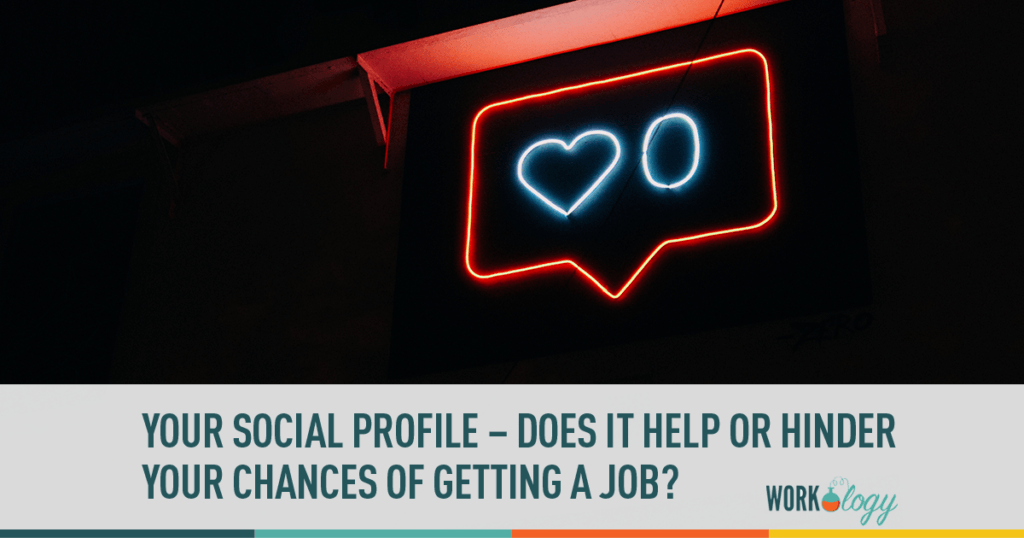Does Your Social Media help or hinder your chances of getting a job?
As we continue into the ether of social networking, we are finding ourselves becoming more and more entangled within a digital world that is, little by little, creeping influence over our lives. With now over 901 million active users on Facebook and a revenue of $3.71 billion in 2011 alone, there is no end in sight to the continuing growth of social networking. Whereas some experts dismissed the phenomenon as an internet fad; over a decade later sites such as the aforementioned Facebook, along with others including Twitter and LinkedIn, have shown anything but a will to die out.
But how much influence does social networking have upon our lives? With the emergence of sites such as LinkedIn, which work to serve people on a professional level, social networking could have more of an influence on our lives than we may think. Usually competitors may use HR Software with Computers in Personnel to find candidates, but thanks to a recent survey conducted by a recruitment company, we found out just how much the job searching industry depended upon social networking.
Out of three hundred randomly selected employers it was found that 91% of them had used social networking to screen potential candidates. Out of these, it was found that 76% had used Facebook, 53% worked through Twitter and another 48% used LinkedIn profiles to view candidates. Interestingly, the survey also looked into when employers screened potential candidates during the employment process.
It was found that a massive 47% of employers had viewed social networking pages only moments after an application was received from the candidate. Another 27% of employers had viewed their clients social networking pages after an initial telephone conversation and another 15% after an in depth one. The smallest, yet possibly the most important statistic of the lot however is the 4% of employers that viewed a candidate’s social networking page only moments before making an offer. This could be a sink or swim situation for any applicant; the most harrowing detail being that they would never be aware that a viewing had taken place at all.
Out of the three hundred employers, it was discovered that a total of 61% had rejected candidates on the basis of their social media pages. Thankfully, we also have the details into why candidates were rejected by these employers.
The highest figure of rejection could quite possibly be also one of the most startling as a total of 13% of employers reported that they had rejected candidates because they found that they had lied on their application through the qualifications they presented on their social networking pages. Another 11% were rejected because of inappropriate comments being displayed on their pages along with another 11% being rejected because of evidence of poor communication.
Interestingly, another 11% were rejected because of inappropriate photographs and another 10% were rejected because of references to drugs that were displayed upon their social networking page. Although it is never advisable to display inappropriate photographs (or take drugs), settings on social networking sites such as Facebook can prohibit strangers from viewing your profile.
All in all however, the news isn’t so bad because out of the employers that took part in the survey, 68% had reported to have employed people after viewing the social networking pages, a higher figure than those who have rejected.
There were many reasons as to why employers chose to employ candidates; the highest reason was that 39% of employers found that their candidates had shown attractive personalities within their social networking page and had therefore decided to press the candidates further. Another 36% of employers also employed because they found that the applicants were creative within their social networking pages.
Happily and in contrast to the 13% of those who lied; 36% of employers had employed people because they found that their advertised qualifications matched those within their application.
Interestingly another 24% of employers stated that they had hired candidates because they had discovered hidden qualifications or awards within a person’s social networking site which had been found useful or supported their application. Although it is never advised to hide qualifications for later discovery, it certainly seems to appeal to some employers.
Take a quick look at this video to see just what the survey found and how this might help you find or search for an employee.










Comments are closed.